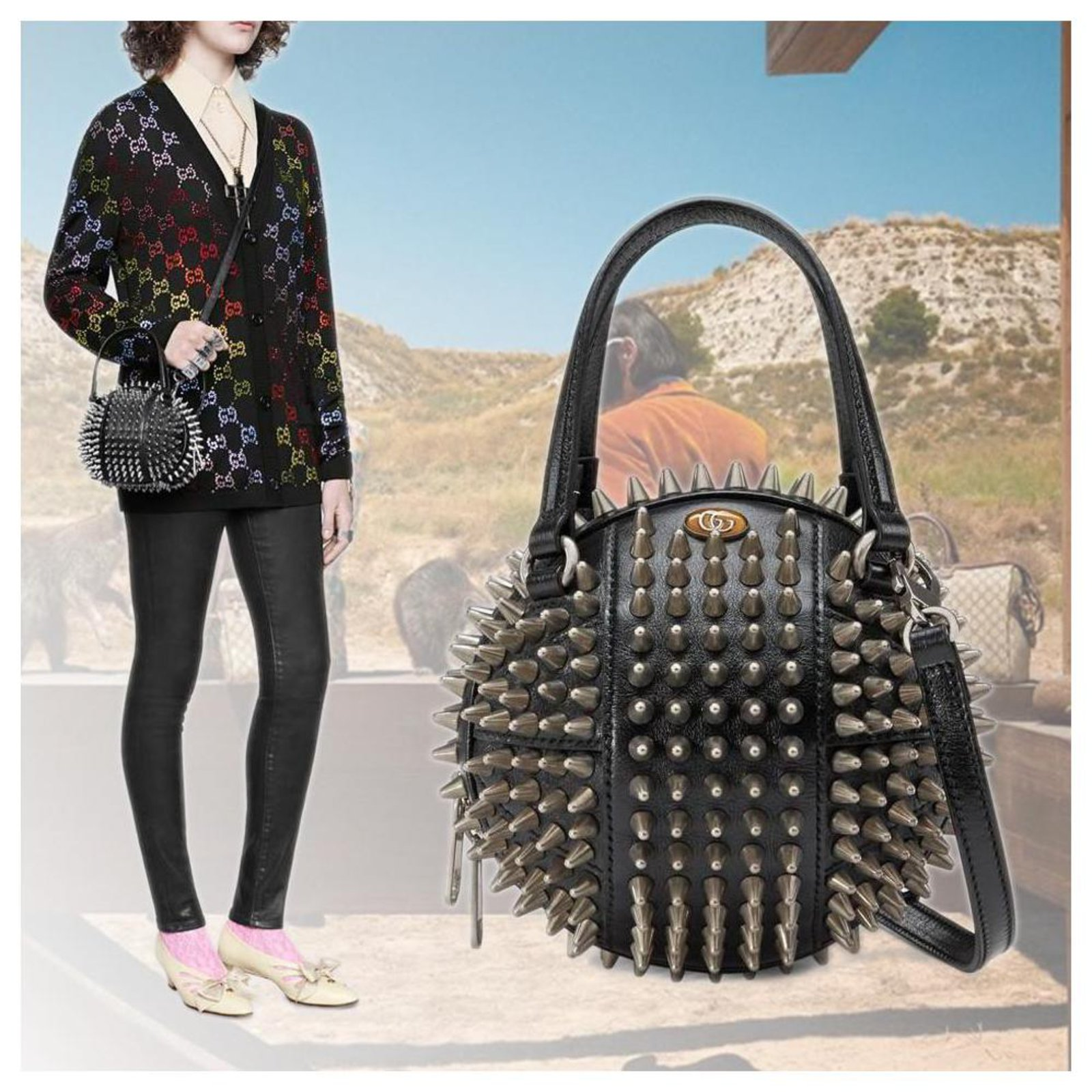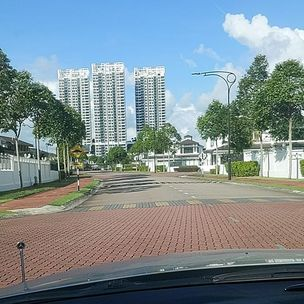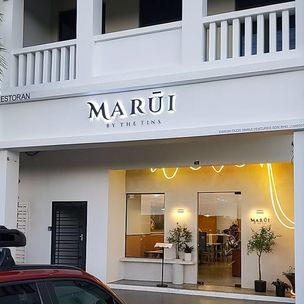I've just completed a Youtube video with fellow Dr Wealth trainer Chris Long and decided to supplement that video with a point about wealthy show-offs in our lives. You can listen to my video segment here by clicking on this link.
One of the things I talk about is that whenever someone shows off their expensive material consumption, it hurts a lot of folks around them because social media has this tendency to censor all the bad stuff and only show the good stuff. Showing off a good life can get others to ask themselves why their lives suck so bad. It is one of the primary reasons why the mental wellness of Millenials and Gen Z is so poor. All that Instagram.
I think showing off also hurts wealthy people, I was lunching with an ex-boss and he was telling me about an officer in an old workplace who married well and loved putting up photos on luxury holidays and watches. When she died of cancer, there was very little sympathy for her, and don't get me started on the folks who died on that tiny submarine of late.
Some people were gloating even though I felt bad for the young man who joined his dad because it was Father's Day.
I think the best defence against people's showing off is deconstruction. In my first book, one useful lesson I teach my students was to try to categorise the kind of advertisement on TV into what kind of psychological buttons they press, once you do this, the desire to buy something will instantly fade away.
A fantastic book by Aaron Anuvia discusses the findings about how products can be designed to be loved by the consumer, it really tries to fill the gap between marketing, anthropology and various social sciences and one of the insights is what kind of products people of differing levels of wealth like to buy.
The most important insight is that at its lowest levels, the show-offs are not exactly rich at all. When people show off brand names and products with prominent logos, they are actually buying products targeted at the quasi-affluent. Maybe you came from a poor family, or lack the relevant paper qualifications but made a decent pile of cash later in life, one method of signalling would be to buy some kind of product that is really in your face and has a prominent logo, this is to signal that you have arrived. For women, there are many ways to signal new wealth, for men it tends to be luxury watches. I don't want to mention the actual brands but if you need to queue to get into the shop at Ngee Ann City, it may mean that you are at the lowest tier of affluence.
The folks who are actually rich may not feel the need to do any signalling. Some might be born with a silver spoon so they are quite comfortable with their skin. Another way to look at old wealth is that they are actually not very rich income-wise because their wealth is locked into trust funds and structured to fight inflation over centuries. For these folks, the luxury goods they buy are sort of understated. The big loud logos disappear but certain design features make a Hermes Birkin look like a Birkin. For folks who tried to own a Birkin, do note that it's not designed to be sold but only offered to loyal customers who are probably not going to sell them off when they buy one. For these folks, you might look for very understated but expensive brands, but these days a humanities degree from a prestigious university screams old wealth because they can afford to study something that has little practical value in the modern working world which is a ridiculously huge flex.
What is interesting about the book is that there is a tier of wealth above the understated high-cultural capital's old wealth. You can find this in shows like Bling Empire. Beyond the aesthetic of of wealth lies Haut Couture where tastes can be transgressive like the Gucci Tifosa bag I put up for this article. The truly wealthy and tasteful no longer have to conform to a particular taste but can redefine fashion in their own image. Not everyone can carry the Gucci Tifosa well, so it's actually cheaper than a Birkin, but it takes boldness and individuality to wear it.
Why is this insight useful for FIRE folks?
For folks advancing FIRE, you're going to feel deprived for quite a while. Perhaps a decade or so if you're like me. For many of us, even if we do live on dividends, our lifestyles cannot be one where we can see that we have arrived. As a psychological defensive mechanism, our first reaction when faced with these show-offs is to suspend our emotions and use our curiosity to look at the brand they are flashing at us.
If it is very loud, you can just dismiss this as some kind of insecurity. Many of these high-wealth low-culture types were looked down upon growing up.
I would pity them and praise them a little bit to make them feel good. ( More so if I get to bill them by the hour )
If you see someone who wears high-quality gear and is quite low-key, you might be dealing with old wealth. In this situation, they are not trying to inflict any psychic damage on you. I particularly like these guys because they feel more comfortable if you can demonstrate the same hobbies and passion as they do, you'll do ok by their book. Also, they can be very eccentric.
Right now, I definitely do not walk in circles who wear Haute Couture, I don't think they care to show off either. These are very rare encounters, so just be a good human being when dealing with them. Among folks with first-world problems, they will have bigger first-world problems.
If we understand that the loud show-offs are the lowest tier amongst the wealthy and feel pity for them, it can also help us cope with all that loud exposure from social media.






